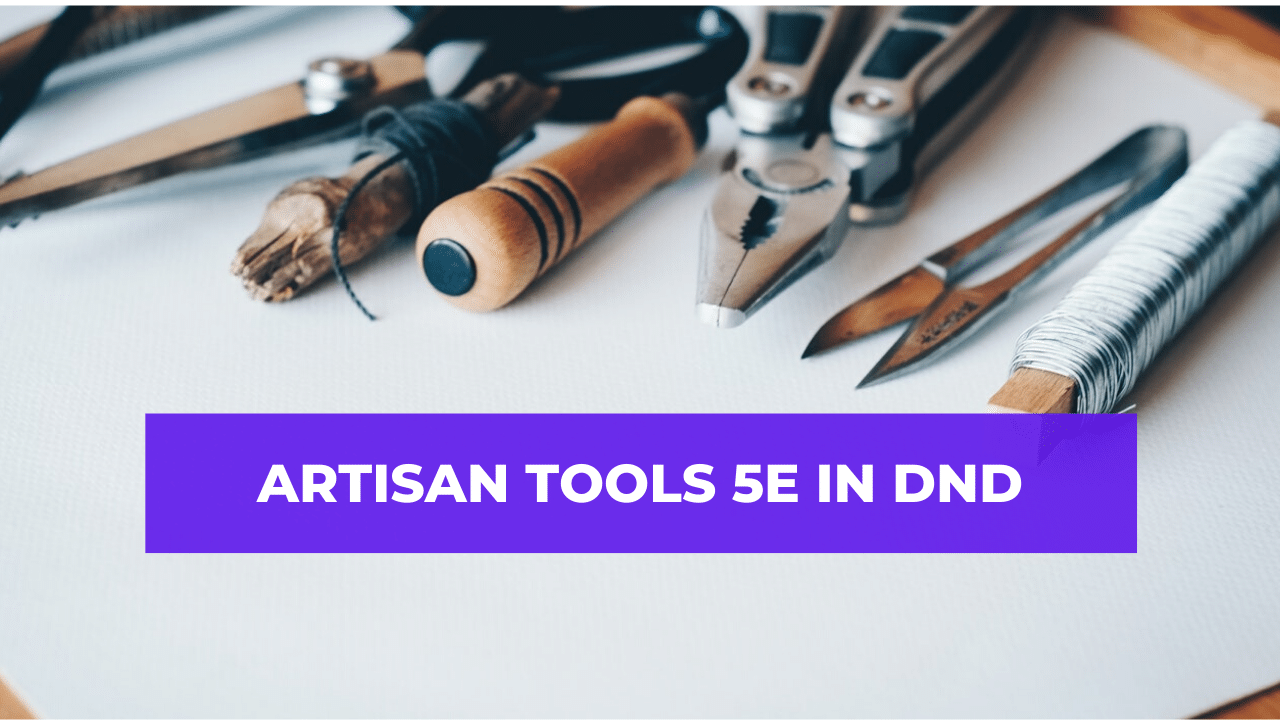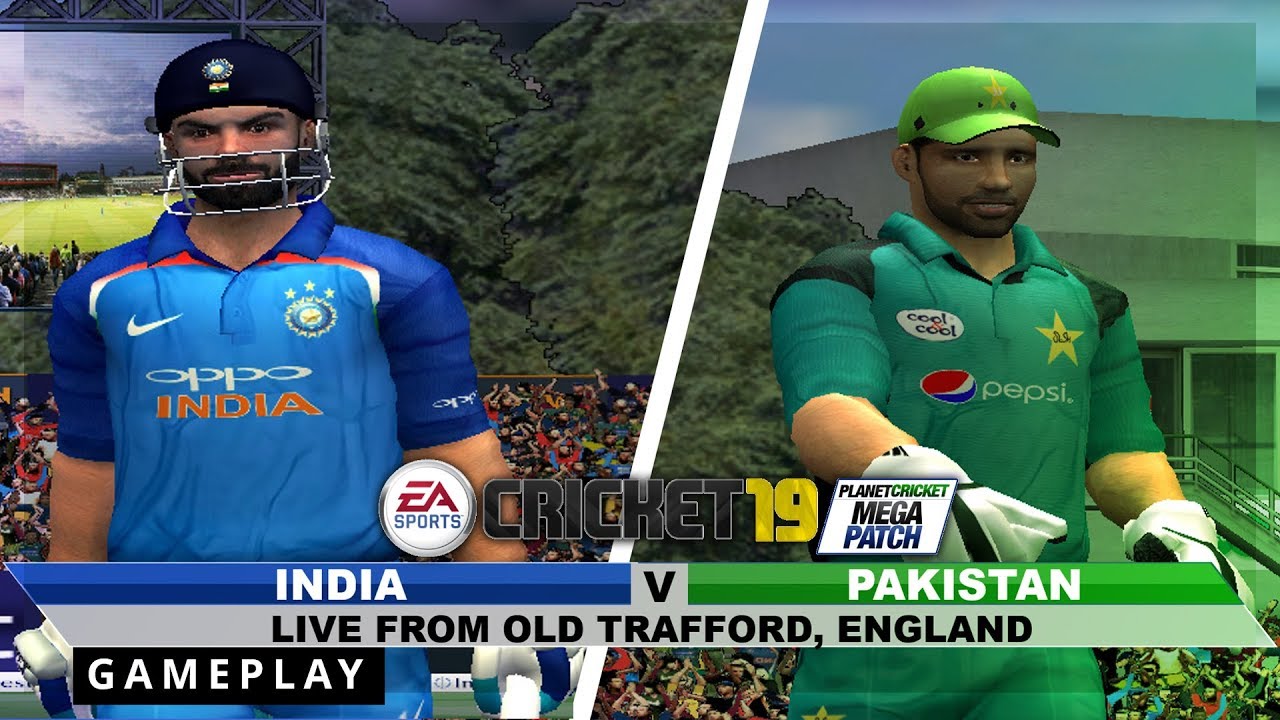Intro: The Internet is the most valuable public resource in modern society. It has become an integral part of our lives, with countless hours spent searching for information, watching videos, and shopping online. Recent events have made many people more cautious about their internet usage, whether to protect themselves from hackers or avoid being spied on by governments. It means that there has never been a better time to invest in a VPN service – but how do you know which one is best?
- Evaluate your needs: the level of security you need for your device depends on your internet use. People use VPNs in different ways, but one common reason is to access content that’s not available in their location due to censorship or legal restrictions.
- Accessing streaming sites: when you access the streaming sites like Netflix, Hulu, BBC iPlayer, Pandora with VPN, you can stream everything – every website, service, and platform that does not support your current location will automatically be unblocked.
- P2P downloads: with a VPN, you can download anything from any location – connect to a server close to the content, and there will be no problems—Access u1337x.org to find and download unlimited content from the internet with the security of VPN.
- Surfing on public WiFi:
sharing your personal information on an unsecured Wi-Fi network may put you at risk. Using a VPN also protects you from hackers who frequently take advantage of unsuspecting internet users by stealing their data, getting hold of their credit card information, etc.
- Play online games: Anonymity is your best friend when playing online games. A VPN will allow you to choose a location in another country for your character, making it easier to find people who speak the same language as you and know the same culture.
- So how do you choose a VPN service?
It is a list of factors that you should consider when trying to choose the right VPN for your needs. It’s important to note that while there are hundreds of different providers, very few offer all these features!
- Several servers (a good provider should have more than 1000 servers):
Having many servers means you can get around restrictions and censorship. The more servers there are the more people who use them, meaning peak performance is maintained. An ideal VPN should have servers in multiple locations worldwide and multiple IP addresses allocated to those servers. The more server locations there are, the more places you can appear to be connecting from. Plus, the more IP addresses available for those servers, the better your chances of masking your real identity.
- Stability:
A stable connection to a server ensures that your data is received and sent without any issues. Strength isn’t essential if you’re using a VPN to protect yourself while using public WiFi. However, if you’re regularly downloading large files or streaming HD content using your VPN, it’s necessary. Nobody likes buffering, so you need to find a service that provides stable connections with as little data as possible.
- Privacy:
This is the essential feature of any VPN service. A good provider will have a no-log policy, which means they won’t record anything about their users while they’re online. It is crucial if you regularly use BitTorrent, as your IP address can be logged by your ISP and used against you to issue a warning or even disconnect your internet service entirely. The main reason many people use a VPN is to protect their privacy while they’re online. They will have your back on that front, so if you want an extra layer of protection from hackers, then look out for the VPN providers that offer this feature.
- Fast speeds:
If you’re planning on watching Netflix or BBC iPlayer with a VPN, you must find one that offers fast speeds. While speed isn’t a massive issue if you’re only planning on emailing or casually browsing the web, it can become a significant problem when your VPN cannot provide fast enough speeds for streaming. You want a VPN that delivers fast speeds, one that won’t tax your bandwidth or slow down your internet connection. You don’t want to get connected to a server that’s miles away just because it has reasonable prices. Check the speed each server offers before purchasing any package.
- Price and Money back guarantee:
The best VPN providers should allow you to connect up to 5 devices at once, and these shouldn’t cost an arm and a leg. In addition, you should be able to choose between several payment options, and some VPN providers even offer a free trial. You also need to check if they offer a money-back guarantee if it doesn’t meet your expectations. Some providers will only give refunds under certain conditions, but it can be a real pain if you don’t meet these conditions.
- Bandwidth caps:
A lot of VPNs have a limited amount of bandwidth throughout the day. It is done to avoid overloading their servers and paying for expensive infrastructure. In other words, if you exceed your daily bandwidth cap too many times, it will throttle down your internet connection severely. Bandwidth caps can be a problem when streaming or downloading files. You want to make sure you won’t get into any trouble when using your VPN service.
- Data caps:
In this day and age, it is unacceptable for a VPN provider to have data caps. It means that you should pick a provider with unlimited bandwidth. Note; however that speed does tend to decrease when using a VPN service, but the fact is that if you’re using a good provider, this decrease in rate will not be noticeable unless you’re doing something very bandwidth-intensive like gaming. Make sure that you choose a VPN that is kind to your data usage. It is no good having fast Internet speeds if the VPN crashes every time you watch Netflix!
Conclusion:
VPN is your best friend when you are surfing in the dangerous waters of the internet. Internet access has become the sole provider that connects you to the world, allows you to watch, shop, and live a comfortable social life: you must protect it with a VPN service that keeps your data safe and your device secured.













